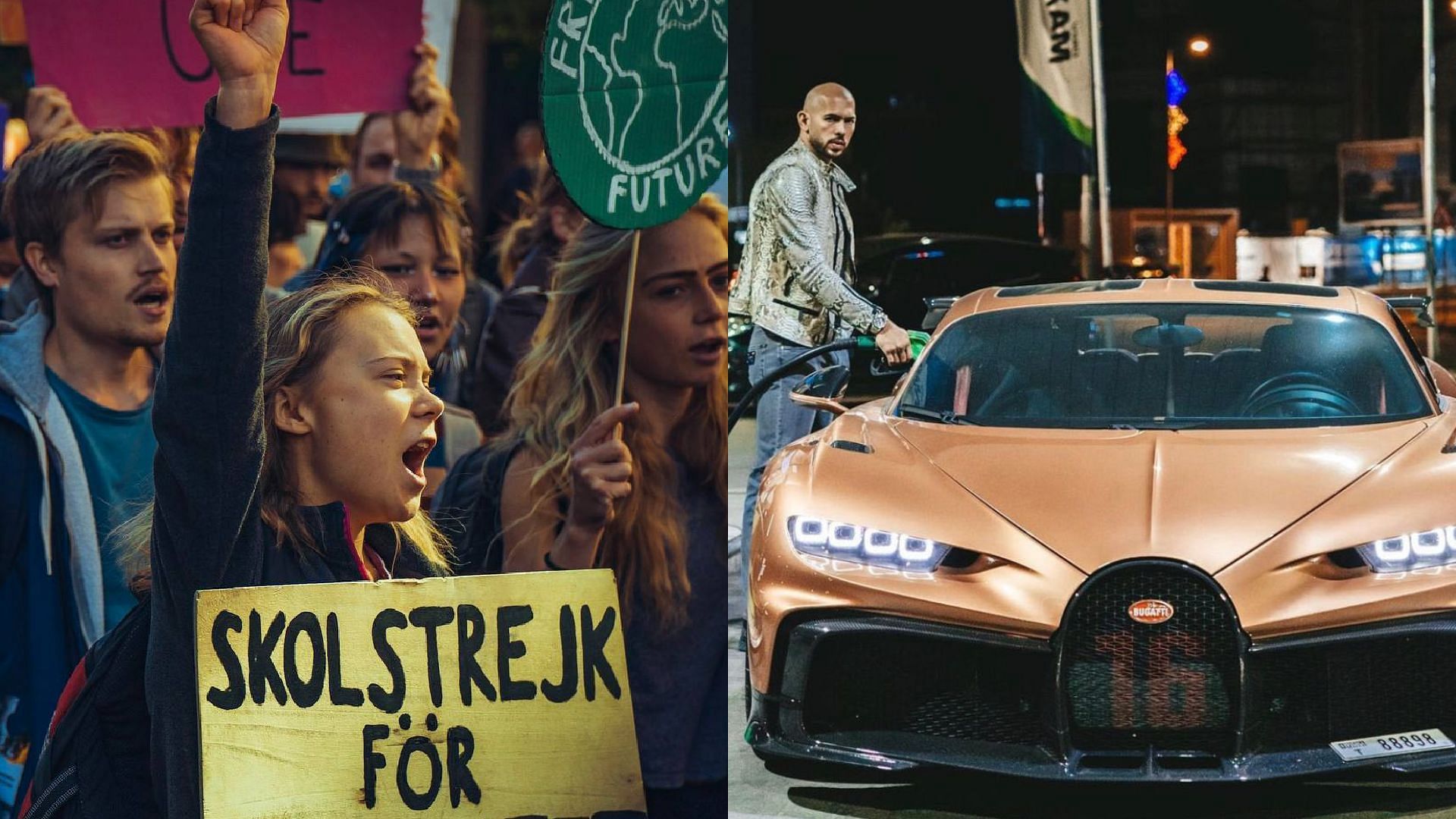Learning Intention: To understand how the changing media ecology has led to division, culture wars and threatens democracy
Previous Ecology Questions
- ‘How has globalisation affected the media you consume?’ (30)
- ‘Given the dominance of global media, there are now few opportunities for local voices to be expressed.’ How far do you agree with this statement? [30]
TRIBALISM (aka fandom)
To be part of something, to belong, to have a community is a human need that has been programmed into our basic genetics and culture. However, with the advent of digital technology and a globalisation, has brought about a new kind of ‘tribalism’.
A sort of fandom, of ideas and influencers and identities…
Aside. Who’s upset we used a Fox News clip?
See below…you are participating.
THE CULTURE WARS
Discussion: Define, ‘The Culture Wars”
Alternative Questions…
-
- What do you mean by ‘culture?’
- Where is this ‘war’ taking place?
- Who or what are the sides in this ‘war?’
- What weapons do they use to attack each other?
- What are they fighting for?
- Is anyone in the classroom ‘not’ concerned by this?
- Is anyone in the classroom ‘not’ participating in this?
- Hint, yes you are!
Digital Tribes
Of course this culture war has only been made possible by technology! Always refer to Skirky. He’s a super useful theorist for:
-
- Ecology
- The Music Industry
- Regulation
- Even Post-Postmodernism
A Test
Read this article in 3 minutes and summarise in 3-5 bullet points.
Use the page layout / graphic design, headings and topic sentences to get the key ideas….and examples.
-
- Create human tribes – pre printing press
- Detribalise human groups – the printing press
- Retribalise humans into groups – internet
Some other case studies on tribalism…
Remember in The Social Dilemma, the poor kid getting embroiled in some, ‘extreme centre’ demonstration? Cheesy perhaps, but don’t pretend it’s not a reflection of the real world!
When has online tribalism boiled over into ‘real’ life in the last few years….?
Some case studies…take you pick or add your own!
Note: That’s fandom (Jenkins) for you!
Class Discussion Topic
So, where does this week’s issue fall into all this:

Listen to this podcast, from approx. 15 minutes in.
A brilliant commentary on how the toxic masculinity of Andrew Tate is represented in the media and how social media has driven engagement and how the effects theories (cultivation & two-step flow) can be applied to tribal fan groups.
David Gauntlett would describe this as an example of how identity is fluid and how an audience have constructed their identity based on a regressive representation. The fans and followers of Andrew Tate could be described as part of a collective identity, a fan group driven by participation and reposting (Jenkins) based around Tate’s content.
The audience…fans…extremists…are encouraged to participate and use their cognitive surplus (Shirky) to rework and repost his content. An example of how technology, through its use of algorithms, promotes and drives audience engagement and how the ‘manosphere’ has become increasingly radicalised through the ‘nudge‘ effect of social media algorithms and the Cultivation Theory effect (Gerbner).
Have a listen for yourselves…
If Time…
What would Gauntlett have to say about all this? Not so cheerful now with your cute sounding, ‘Creative communities?’
Identity politics and ‘interest driven groups’ (politics) can be weaponised to create division, or is it just part of the noise?
“The media is the message.”












